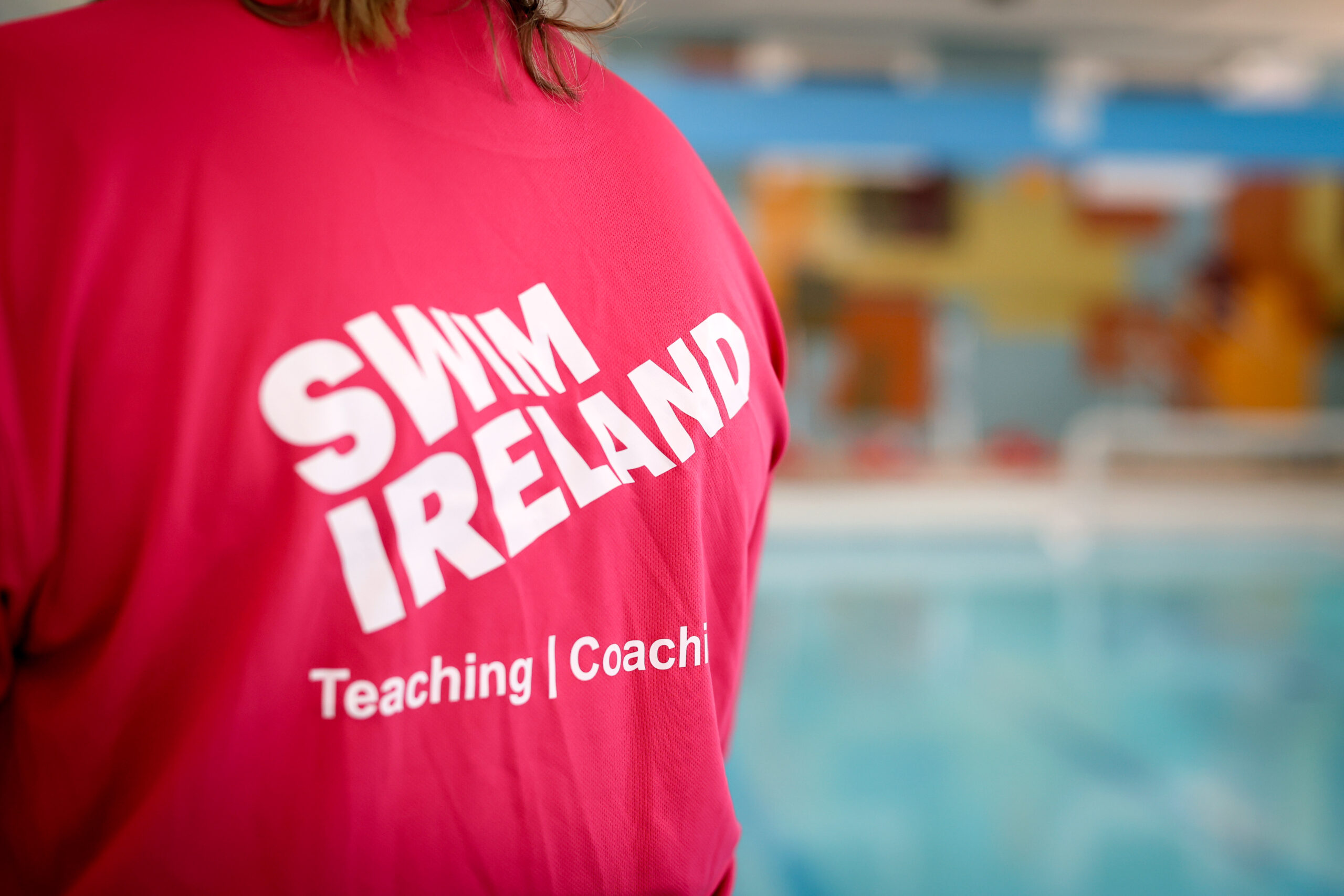Author: Earl Mc Carthy PhD, GDip (Law), BSc, OLY
Mental health and burnout are critical issues in competitive sport. It is known that poor mental health affects sport’s performance, however, the subject has traditionally been researched from the athlete’s perspective only. Indeed, considerably less research has been devoted to the issue from the coach’s viewpoint. Coaching can be a highly rewarding profession, working with aspiring athletes, developing, mentoring, and succeeding together. Nevertheless, the modern competitive swim coaching role has expanded and demands that coaches be more available and work more abnormal hours, combined with increased weekend commitments. This increased role expansion and commitment has led to increased levels of stress, affecting a coach’s personal-life, and leading to increased reports of poor mental health amongst coaches.
In a recently published study in Swimming World, I sought to examine the issue by conducing some innovative research amongst world class and national level coaches. The aim of the research was to help redress the imbalance by identifying the sources and consequences of poor mental health amongst competitive swimming coaches. Importantly, as well has identifying the sources and consequences, the research also sought to propose possible solutions to help competitive swimming coaches develop better mental health practices.
The research was conducted by interviewing sixteen coaches in total, eight of whom were deemed world class (having coached a world championship or Olympic medallist), and 8 national level coaches (having coached at least one finalist at British national championship). The conversations were recorded and then analysed line by line, identifying strong recurring themes and building a central theory.
The results show that most of the coaches interviewed experience some form of mental health stress. The main sources of poor mental health were the coaching culture in which they worked, an excessive workload, and a poor work-life balance. On the first point, it appears that the expectations placed upon coaches by clubs, federations, and indeed themselves, creates a culture where one is expected ‘to pay the price’. This culture then allows an excessive and demanding workload to build up on coaches, resulting in over commitment and a poor work life balance.
There are unfortunately, consequences to working in such a coaching culture. Most notably, most of the coaches had poor physical health, mainly through a lack of exercise and poor nutritional habits. In addition, most of the coaches suffered relationship breakdowns, a result of their over commitment to competitive swimming. Following this the coaches were also asked if there was any advice or suggestions that may help them develop better mental health practices. The suggestions ranged from better supports form club, national federations, and coach education programs, around time-management, workload, and expectations.
It is clear from the results that not only are the swimmers’ competitors, but coaches should be considered performers too. In sum, coaching mental health is an under addressed issue, it does affect performances and coaches need more support.




